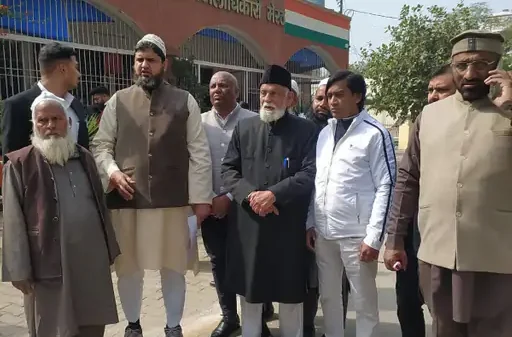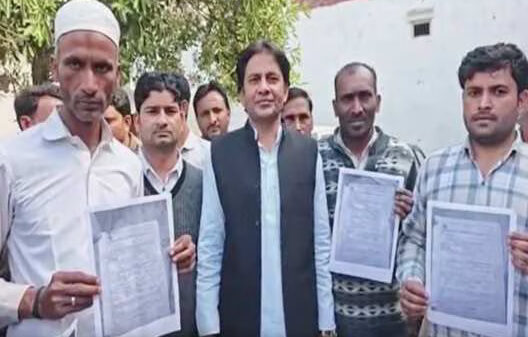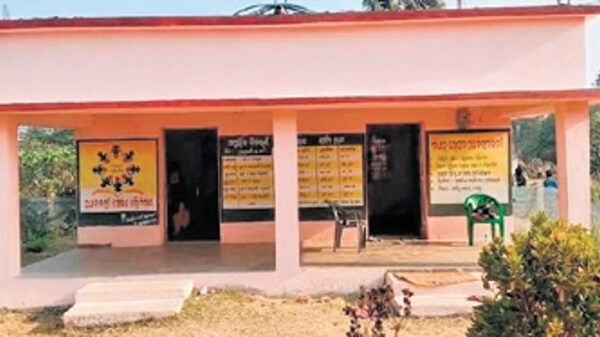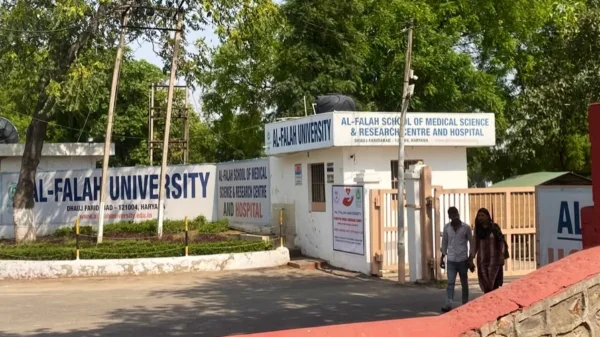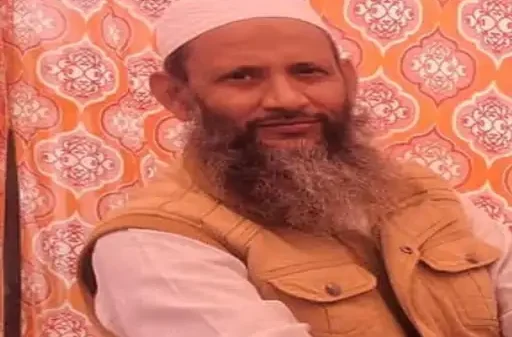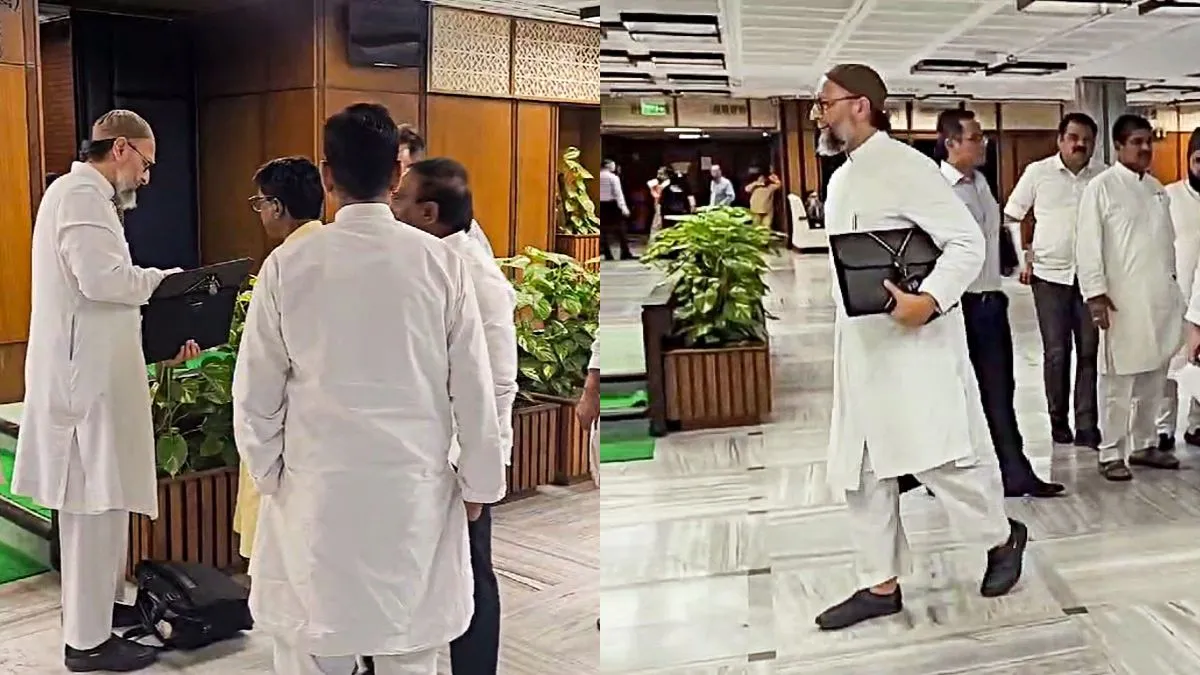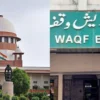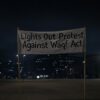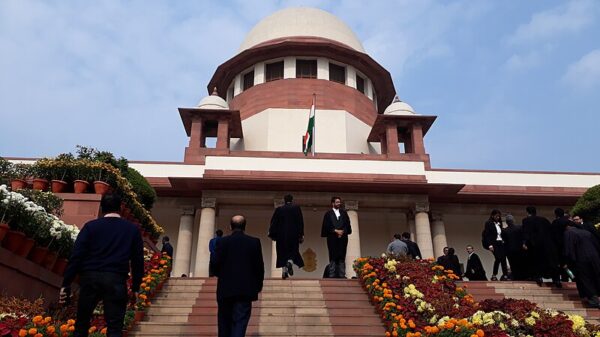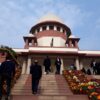Several opposition MPs walked out of a joint committee meeting on the Waqf Amendment Bill, 2024, on Tuesday, October 15, after alleging that a BJP member had made derogatory remarks about them. The opposition members, including Kalyan Banerjee, Gaurav Gogoi, A Raja, Mohamed Abdulla, and Arvind Sawant, left the meeting in protest. They were attending a session where representatives from the Ministry of Minority Affairs were presenting on the bill.
This is the second consecutive day that opposition members have walked out of the meeting due to differences with the committee. Earlier, they submitted a formal request to the Lok Sabha Speaker, calling for the removal of the committee chairman, Jagadambika Pal, and seeking a separate meeting to discuss their grievances.
While the opposition MPs claim the derogatory remarks led to their walkout, BJP members countered by accusing them of disrespecting the committee chairman. Despite the tension, the opposition members rejoined the meeting after about an hour.
The conflict also stems from a presentation made by Anwar Manippadi, the former chairman of the Karnataka Minorities Commission, which the opposition argued was not directly related to the bill under discussion.
What is the Waqf Amendment Bill, 2024?
The Waqf Amendment Bill, 2024, introduces changes in how Waqf properties are registered and managed. Under the bill, Waqf properties must be registered with the district collector, who will evaluate them. The bill specifies that properties declared as Waqf, either before or after the bill’s enactment, will not be considered as Waqf properties unless verified by the district collector.
The district collector’s decision will be final in determining whether a property is Waqf or government land, and the revenue records will be updated accordingly. Until the collector submits their report, the property will not be recognized as Waqf.
The bill also introduces a provision allowing appeals against Waqf board decisions to be taken to high courts. Additionally, it removes the previous provisions that allowed Waqf properties to be claimed based on oral declarations or disputes, insisting instead on formal documentation (waqfnama) for property recognition.






